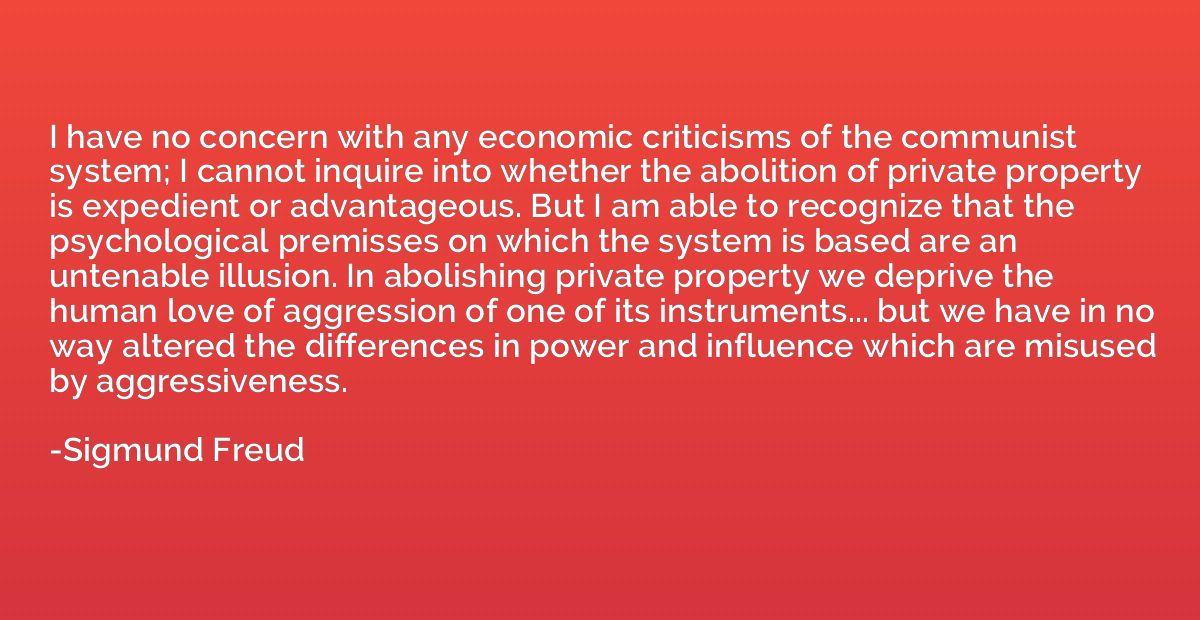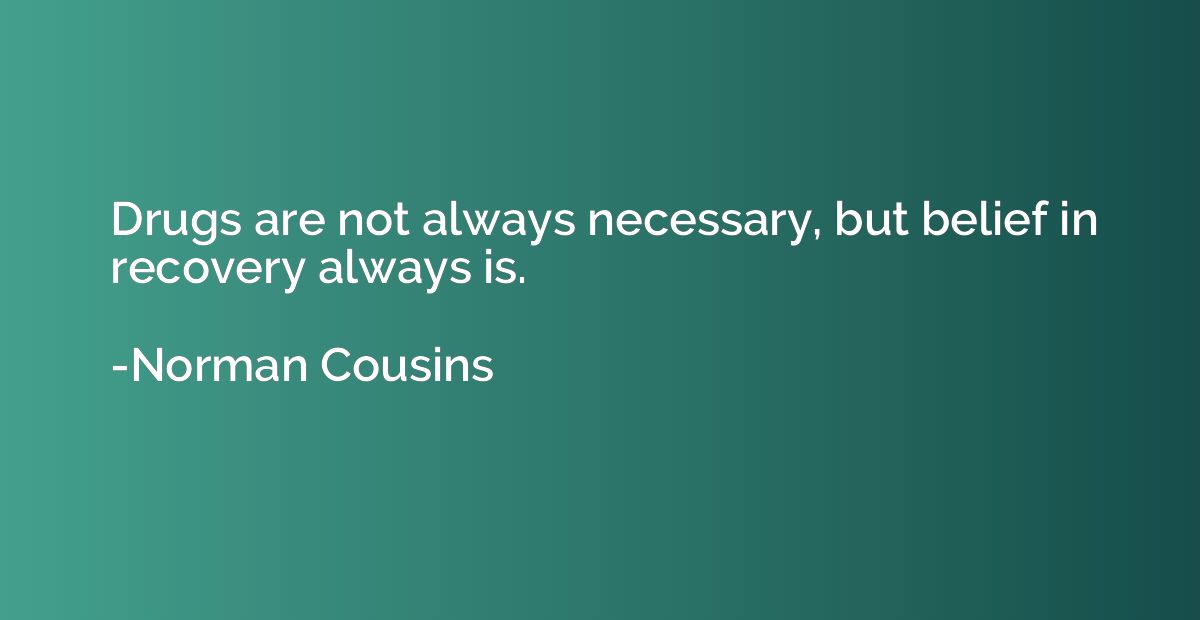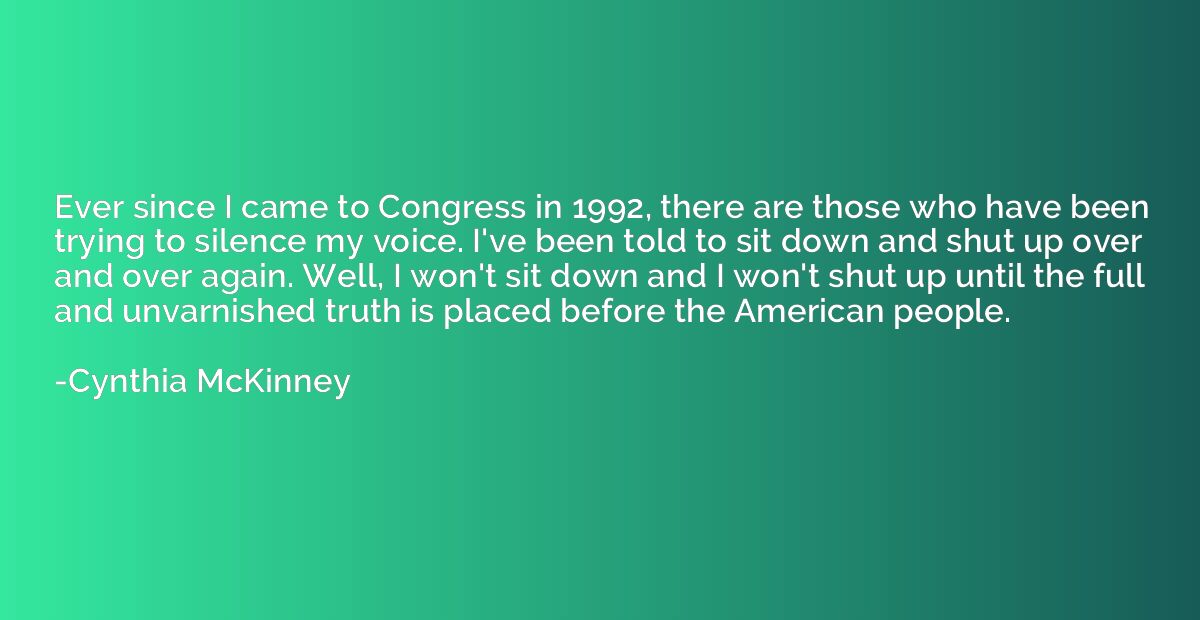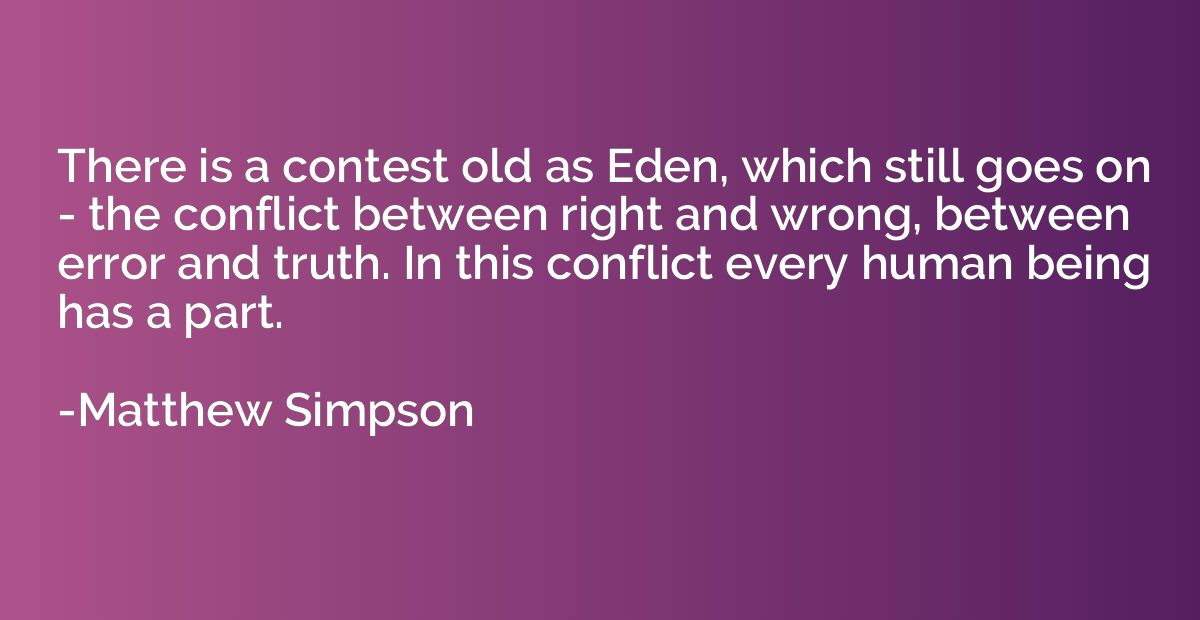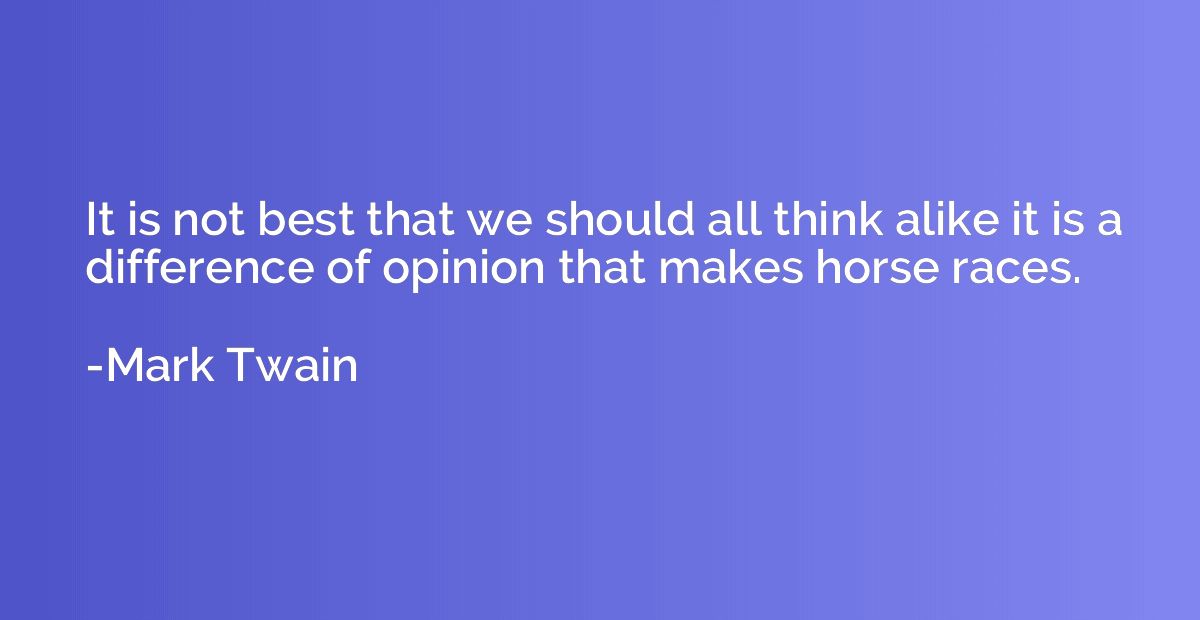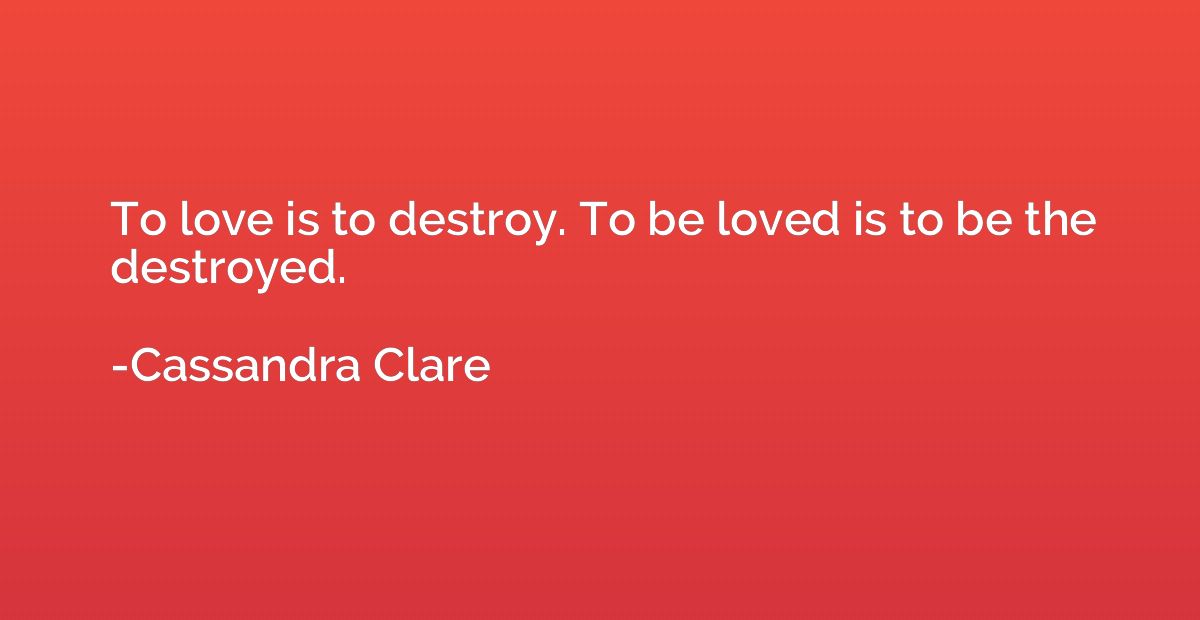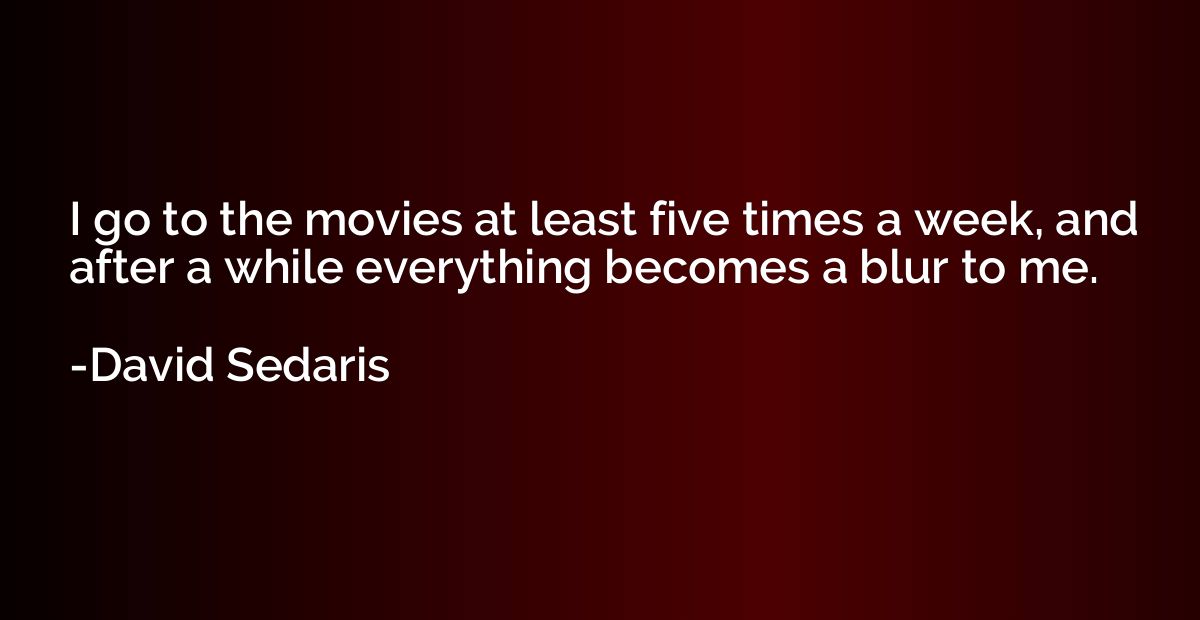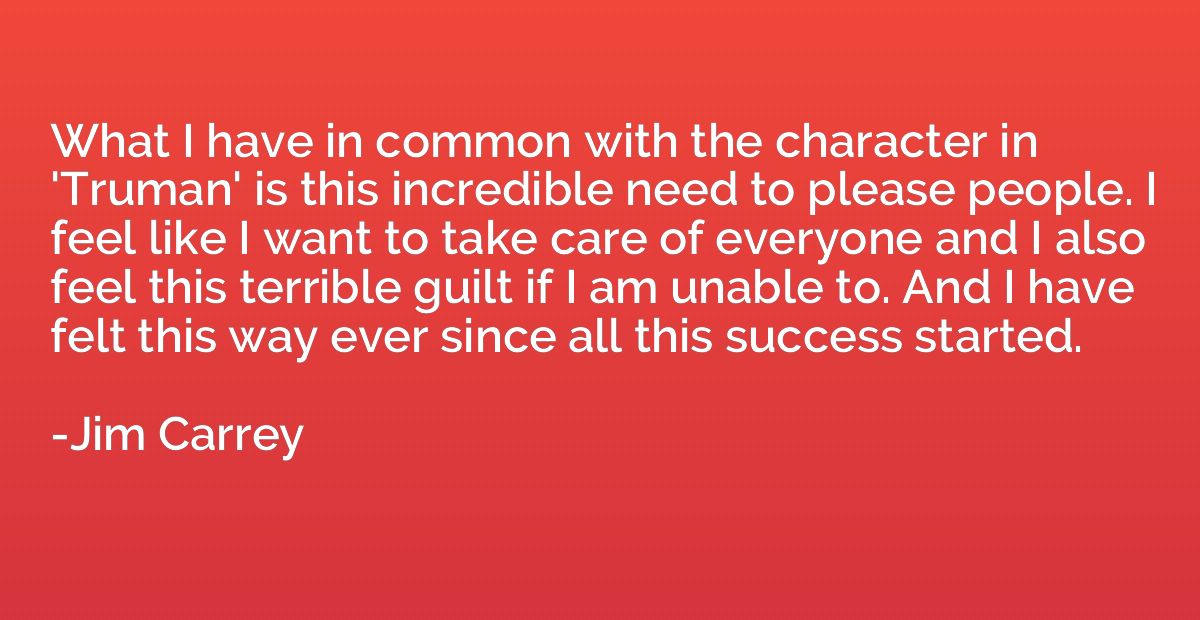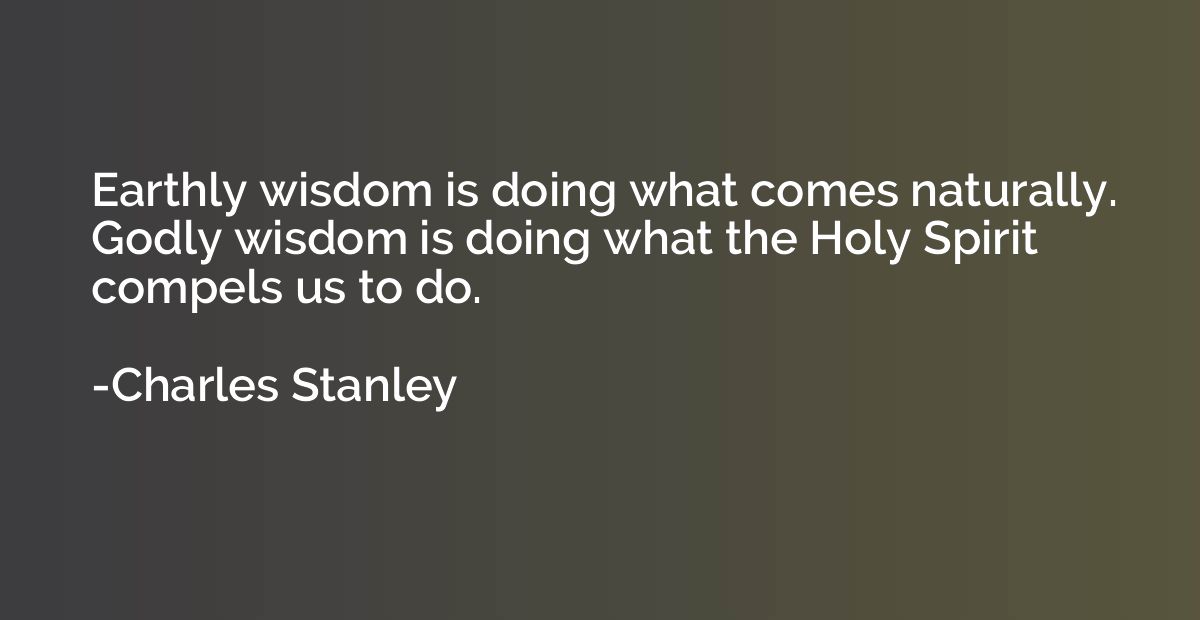Summary
This quote, often attributed to Kurt Vonnegut, suggests that we are currently stuck in an unchanging present moment without a clear purpose or reason. It symbolizes a feeling of being frozen in time, disconnected from the past or future. It reminds us that sometimes life's circumstances or situations don't always have logical explanations or motives, and we must learn to accept them as they are. It serves as a reminder to embrace and make the most out of the present moment, even when there may be uncertainty or lack of understanding.




